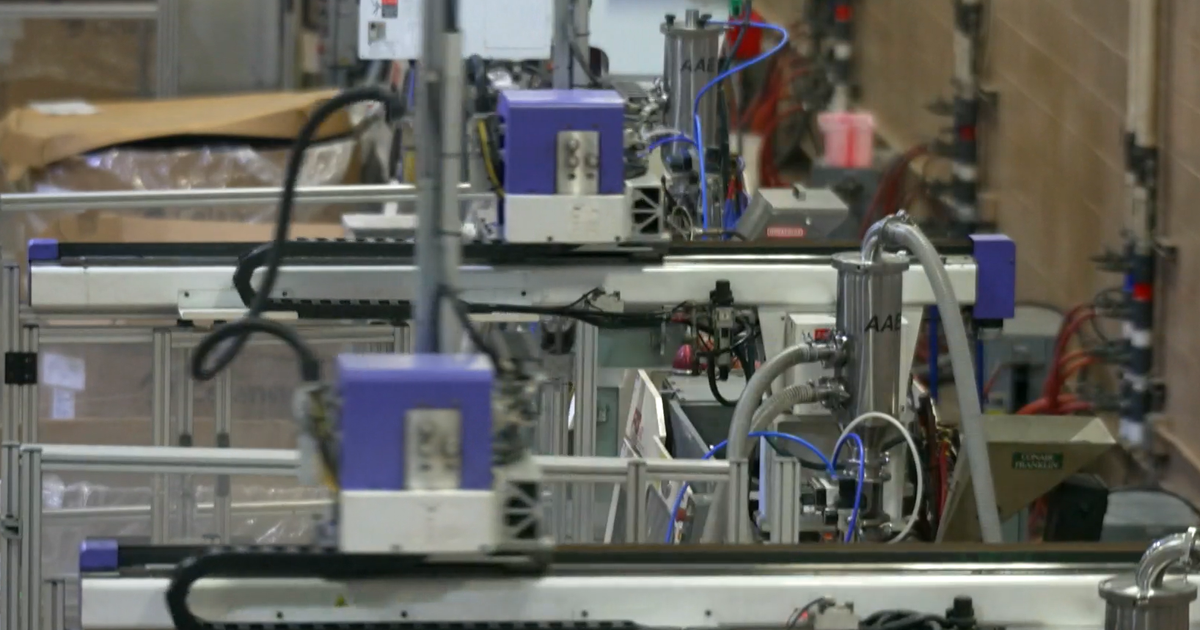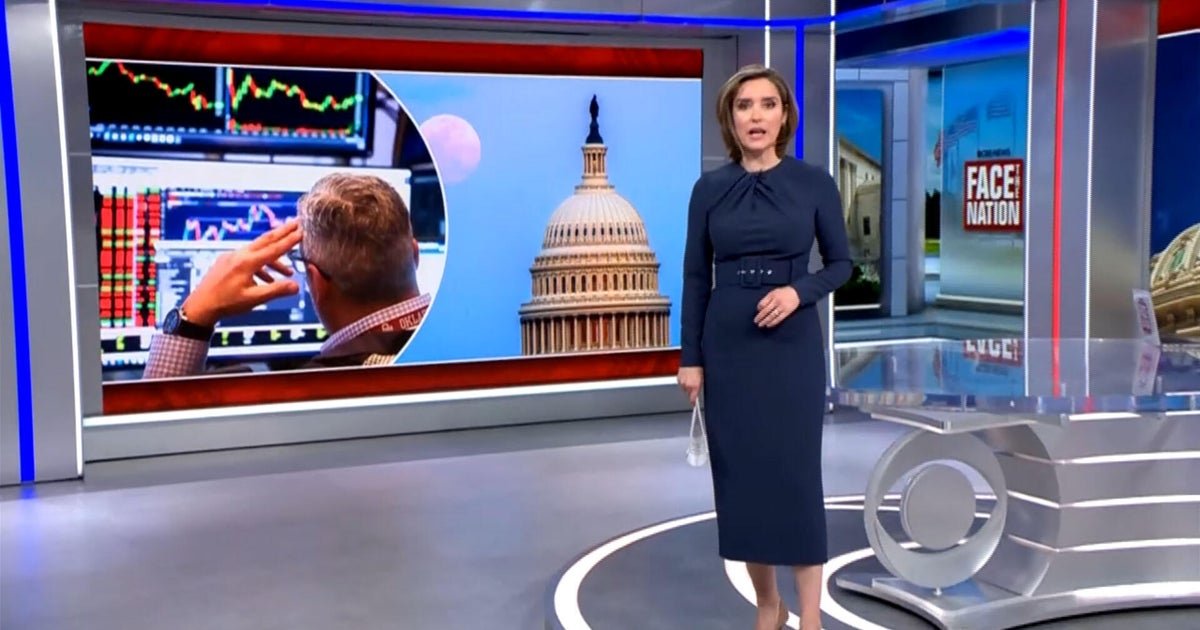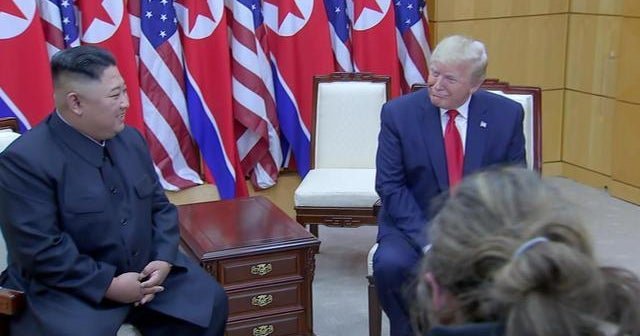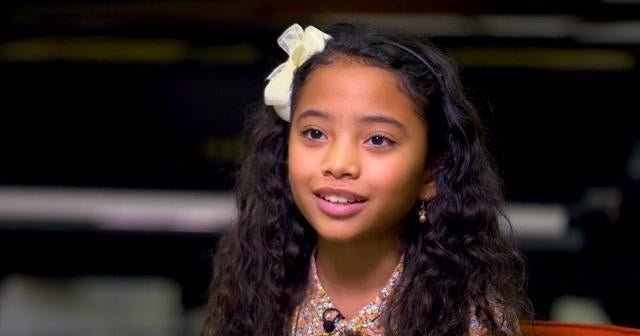[ad_1]
Something rare is happening in Hatfield, Pennsylvania, about an hour outside of Philadelphia. The Rodon Group, a privately held plastics injection molding company, is doing what only a few manufacturers in the US are equipped to do: They are making toys.
The facility produces billions of plastic parts every year, among which include window parts, beverage caps, swabs for COVID-19 tests, and, perhaps most iconic, K’nex toy sets.
Michael Araten is the President and CEO of The Rodon Group, which his family founded in 1956. For Araten, the uncertainty surrounding President Trump’s tariffs has meant one thing, business is booming.
“Our phone’s ringing off the hook, email’s up, everything, because people are in panic mode. It reminds me very much of the pandemic, where it’s a supply shock.”
Since Mr. Trump first announced tariffs, Araten has seen demand increase by nearly 50%. The surge comes as consumers strive to navigate the ever-changing tariff landscape.
A U.S. agreement with China, announced in early May by the White House, would effectively reduce the level of U.S. taxes still in place on Chinese goods to about 30% from 145%. China meanwhile, has agreed to cut its tariffs on American goods to 10% from 125%.
Despite the agreement, there is still massive uncertainty surrounding Mr. Trump’s tariffs. China said the Trump administration is undermining the temporary trade agreement between the two nations by issuing AI chip export control guidelines, stopping the sale of chip design software to China and planning to revoke Chinese student visas.
But the uncertainty isn’t just coming from China. The U.S. Court of International Trade last month permanently blocked Mr. Trump’s 10% tariff assessed on virtually every U.S. trading partner, as well as the president’s duties on imports from Mexico, Canada and China. However, a federal appeals court in Washington, D.C., temporarily halted the federal trade court’s decision, for now reinstating the levies imposed by the president under an emergency powers law.
If the tariffs do go into effect, Areton believes that a 30% levy is still too high and that the tariffs could impact supplies this holiday season. According to a statement from the United States Toy Association, 77% of toys sold in the United States are made in China.
Major toymaker Basic Fun!, which manufacturers toys like Lincoln Logs, Tonka Trucks and Care Bears, told CBS News it halted the production of all its toys manufactured in China when tariffs went up to 145%, but restarted everything when the tariffs dropped back to 30%. However, the toymaker still expects prices to go up by 10% to 15% later this year.
The Rodon Group has avoided the tariff chaos by using automation to keep production of K’nex toys stateside. The company invested in robots in the 1980s that “did almost nothing, but could pick stuff up,” Aretan said. Over the last four decades, the company has continued to invest in robotics, which allowed it to take the advantage away from offshore manufacturers, where labor costs are lower.
According to Araten, an employee at the Rodon Group is able to accomplish what 150 workers overseas are able to accomplish. However, despite believing in automation, Araten says that domestic production will only work if the United States invests in its workforce.
“It’s automation and STEM education. It’s that combination. You’re going to need talented people,” insisted Araten from his factory floor.
“That’s what we need to invest in, and that takes time. But whenever we put our mind to something as a nation, we’ve done it.”
[ad_2]



